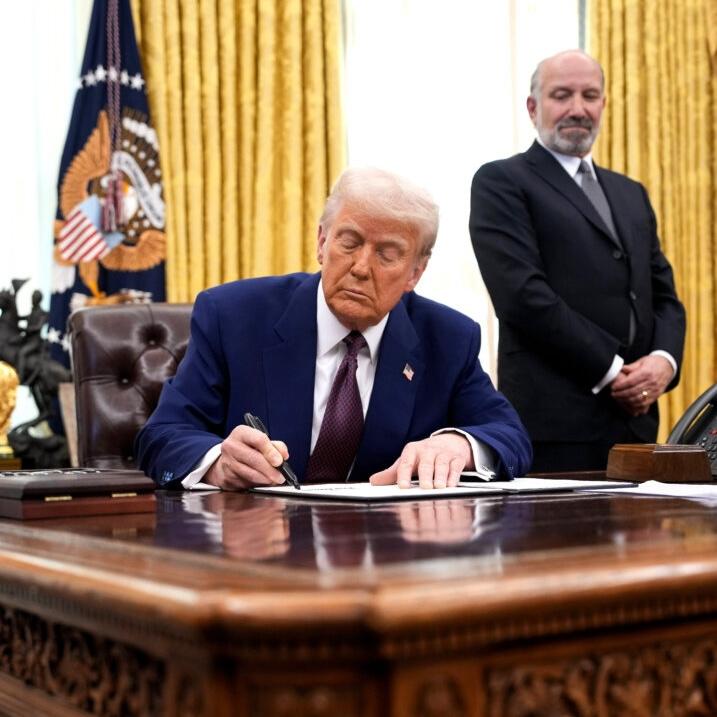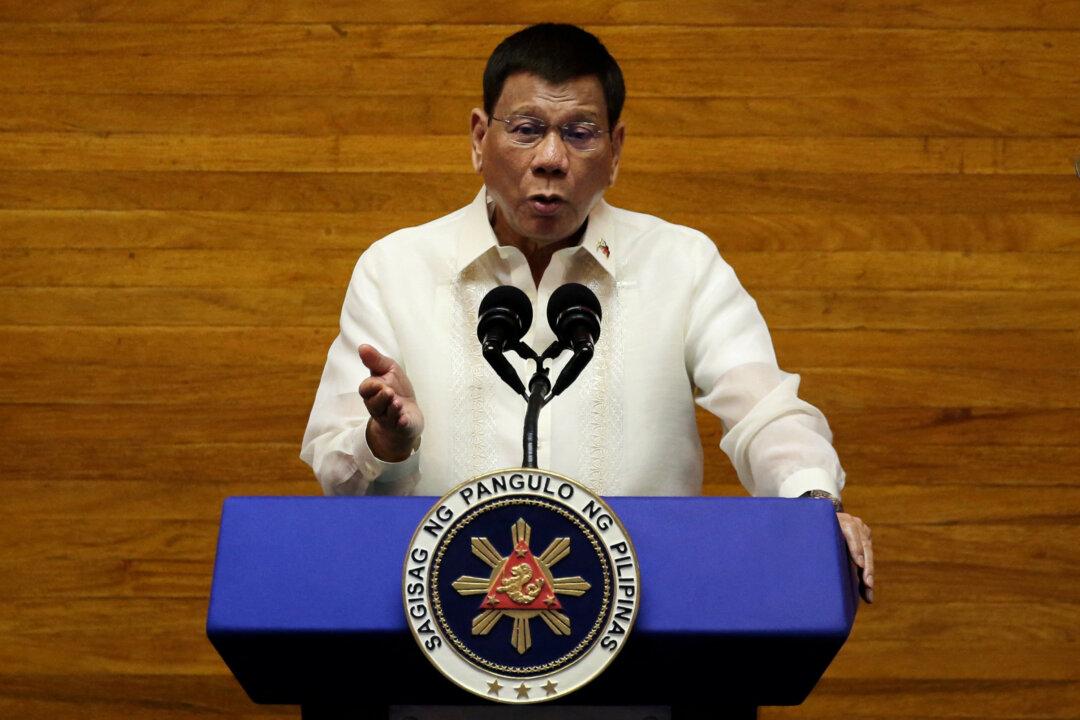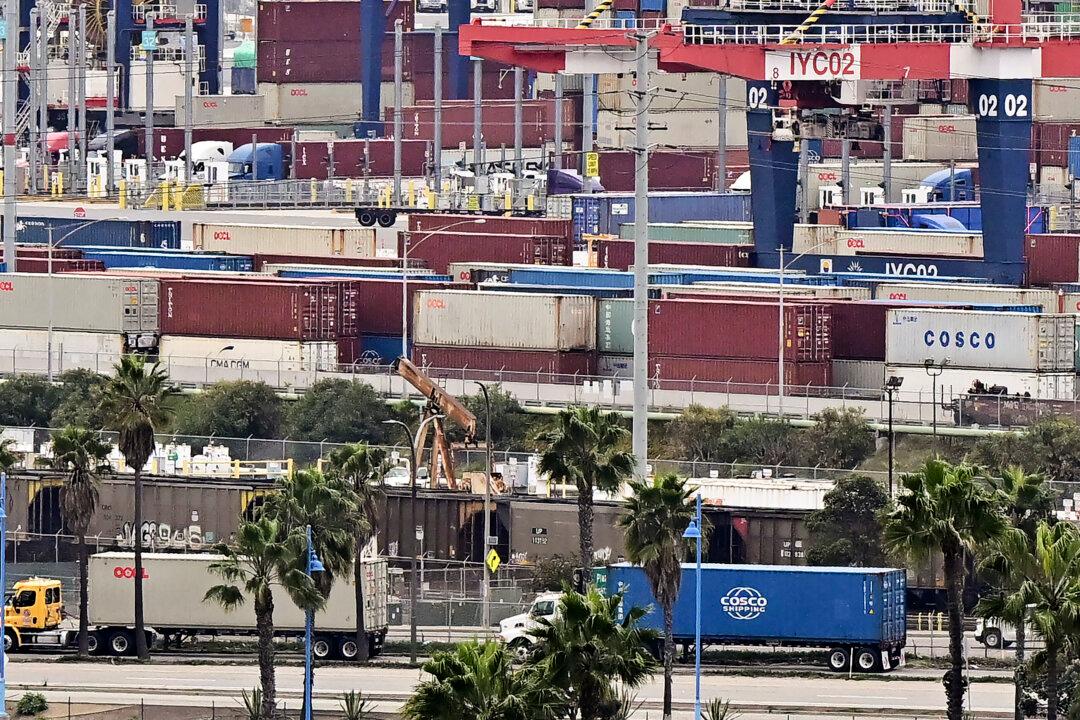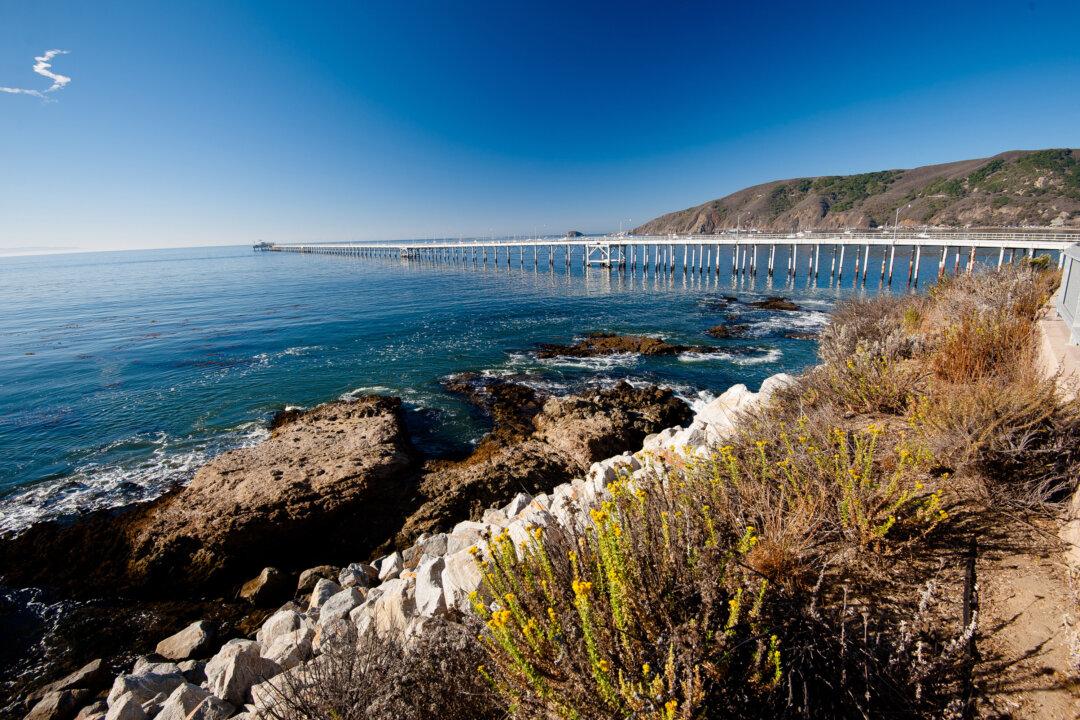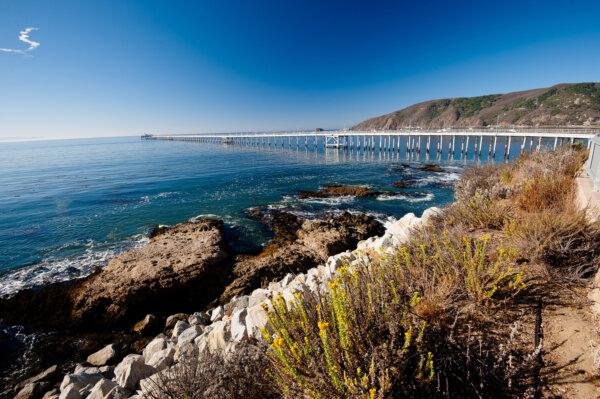In-Depth
After Deadly Crashes, Long-Overdue Aviation Updates Accelerate
The Trump administration is moving to bolster air travel safety and efficiency. Experts say technology and staffing are the most crucial needs.
Tara VanDerveer: A Legendary Figure in US Basketball History
The longtime Stanford coach tells how she transformed a struggling program into a national powerhouse.
US–Canada Trade War Hits Markets; Trump Threatens Historic Retaliation | Live With Josh
A trade war is kicking off between the United States and Canada.

Aston Hall: A Jacobean Prodigy House
In this installment of ‘Larger Than Life: Architecture Through the Ages,’ we visit a uniquely English country house.

A Concise, Thorough Study of an Overlooked Post-WWI War
‘The Rif War 1921–26’ is study of an uprising in Morocco that demonstrates the causes and results of such types of conflicts.

Dionysus: The Anomalous and Necessary God
Rational order and emotions require a balancing act, as it clear when we consider the ancient Greek gods Apollo and Dionysus.
Most Read
Top Stories
Senate Democrats Won’t Vote for House Bill Approved by Republicans: Schumer
Congress has until March 14 to avert a shutdown.
EPA to Roll Back Raft of Climate Regulations, Including EV Rule
Administrator Lee Zeldin says EPA will reconsider 31 regulations in what he calls the most consequential day of deregulation in American history.
Beijing’s Bombing Threats Against Shen Yun Have Diplomatic Ramifications, Experts Say
The Chinese regime’s threat campaign against Shen Yun is part of unconventional warfare against America and will escalate if left unchecked, experts said.
Why the US Continues to Kill Millions of Hens, 4 Years Into Bird Flu Outbreak
The USDA’s effort to stamp out the virus has led to the loss of at least 166 million birds since the latest outbreak began in February 2022.
South Korea’s Constitutional Court Rejects Impeachment of Chief State Auditor, Top Prosecutors
Members of Yoon’s ruling People Power Party had boycotted the partisan Dec. 5 impeachment vote, saying the opposition-led effort was politically motivated.
RFK Jr. Warns Against Vaccinating Chickens for Bird Flu
‘It’s dangerous for human beings to vaccinate the birds,’ the health secretary says.
Judge Temporarily Blocks Trump’s Yanking of Clearances From Law Firm Tied to Steele Dossier
The firm argued that the president’s executive order violated its rights of free speech, free association, and due process.
EPA Administration Says $20 Billion Grants to Climate Groups Are Now Terminated
The move was announced in a post on Tuesday.
Exclusive
X Takes Down Network of Chinese Accounts Amplifying NYT Attacks on Shen Yun
An Epoch Times investigation exposed thousands of fake and malicious accounts that spread CCP propaganda, including via Western media.
Ukraine at Risk of Losing Kursk Bridgehead Inside Russia
Russian forces reported they have been retaking at least a dozen settlements in the Kursk border region since March 8.
▶Phoenix Audience Travel to Ancient China Through ‘Fantastic’ Shen Yun
Shen Yun Performing Arts enchanted the audience at the Symphony Hall in Phoenix, Arizona, on March 8, taking them to the world of ancient China.
Kuwait Frees American Prisoners, Including Military Veterans and Contractors on Drug Charges
A group of American detainees has been freed by Kuwaiti authorities after years behind bars.
Stranded Astronauts Must Wait Longer as NASA Scrubs Launch
The decision came down after ground crews worked for nearly three hours to mend hydraulic issues with one of the clamps holding the rocket in place.
DOJ Charges CBP Official for Allegedly Defrauding FEMA
The woman is accused of fraud after she allegedly collected money on claims that her home was unlivable from flood damage.
Trump Says Education Secretary McMahon Made Decisions on Mass Layoffs
The Department of Education fired more than 1,300 workers.
12 Ways to Activate Your Vagus Nerve–and How to Practice Them
Stimulating the vagus nerve can promote relaxation and stress reduction, paving the path to healing our bodies and minds.
Day in Photos: Protests in Argentina, Hostages on Train in Pakistan, and Сherry Blossoms in Japan
A look into the world through the lens of photography.
Detained Palestinian Activist Must Be Allowed Private Calls With Lawyers: Judge
Mahmoud Khalil is in detention in Louisiana.
Tracking Trump’s High Level Appointments, Senate Confirmations
The Senate is undertaking the confirmation process for the president’s new administration.
‘The World Will Tremble’: The Horror of Concentration Camps
Two prisoners at the Chelmno death camp risk everything to expose the extermination of Jews during WWII.

Who Wants Aaron Rodgers to Join the Vikings? None Other Than Brett Favre
‘By all means, sign with them,’ Favre said he'd tell Rodgers if Minnesota comes calling.

Who Wants Aaron Rodgers to Join the Vikings? None Other Than Brett Favre
‘By all means, sign with them,’ Favre said he'd tell Rodgers if Minnesota comes calling.

Billy Joel Postpones Tour Dates After Undergoing Surgery: ‘My Health Must Come First’
The 75-year-old singer-songwriter was diagnosed with an undisclosed medical condition.

Billy Joel Postpones Tour Dates After Undergoing Surgery: ‘My Health Must Come First’
The 75-year-old singer-songwriter was diagnosed with an undisclosed medical condition.

Microplastics in the Environment May Fuel Antibiotic Resistance
Among the plastics tested, polystyrene promoted the highest level of antibiotic resistance.

Microplastics in the Environment May Fuel Antibiotic Resistance
Among the plastics tested, polystyrene promoted the highest level of antibiotic resistance.

‘Middle of the Night': Between Love, Longing, and Doubt
This film shows the challenges of a May-December relationship.

‘The Knitted Collar’: Virtue in Sickness and in Health
Mary Anne Hoare’s short story of a little girl who makes a tough choice inspires us all to do the same.

‘Until Forever’: Endless Devotion in the Wake of Loss
Based on a true story, a young man faces his terminal illness that affects everyone around him.

‘Black Bag’: Cool, Quietly Hilarious 4-star Spy-Thriller
With its suits, eyewear, and interior design giving off a 1960s’ retro vibe, Soderbergh has crafted an exceptionally taut-yet-funny, stylish spook thriller.

‘Middle of the Night': Between Love, Longing, and Doubt
This film shows the challenges of a May-December relationship.

This ‘Perfect’ French Toast Casserole Is the Best Thing to Make This Weekend
The best part of this French toast casserole is that it’s as versatile as you need it to be.
California ‘Hidden Gem’ Is No. 1 Beach in the US, New Report Says. Here’s Where to Find It
Situated in a sheltered cove on California’s Central Coast, Avila Beach is a gem of a destination.
How to Plan a Spring Break Trip Without Breaking the Bank
Being proactive and flexible with your destination can lead you to find both affordable and adventurous options.
Rick Steves’ Europe: Třeboň and Třebíč, Two Gems of the Czech Countryside
History is alive in these two Czech countryside towns.
California ‘Hidden Gem’ Is No. 1 Beach in the US, New Report Says. Here’s Where to Find It
Situated in a sheltered cove on California’s Central Coast, Avila Beach is a gem of a destination.

How to Master the Art of First Impressions, According to an Etiquette Expert
5 tips for making a great first impression, according to etiquette expert Bethany Friske.

Ureli Corelli Hill: Founder of the New York Philharmonic
In this installment of ‘Profiles in History,’ we meet a brilliant violinist whose European trip resulted in founding America’s greatest symphony orchestra.

6 Best Getaways for a Digital Detox
Whether you’re seeking tranquility or adventure, here are six beautiful destinations for a digital detox.
Special Coverage
Special Coverage




















































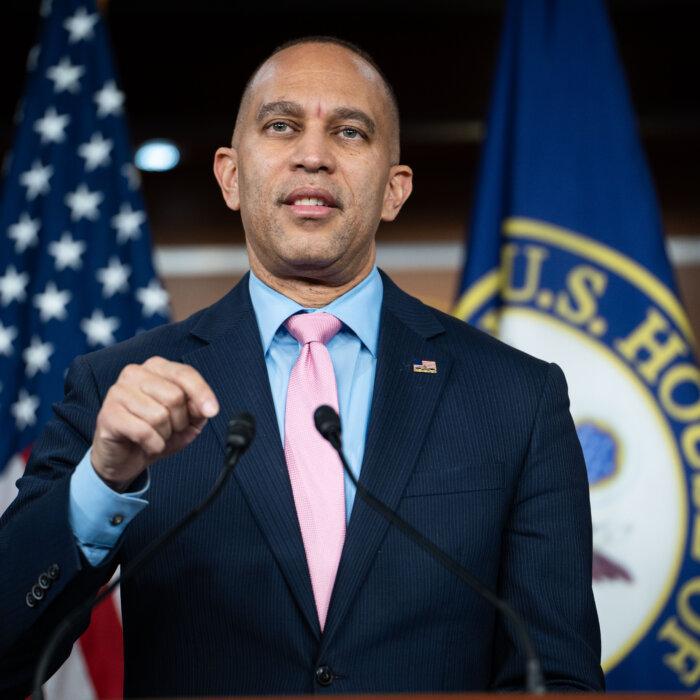






![[LIVE Q&A 03/13 at 10:30AM ET] Attacks on Tesla Labeled as Domestic Terrorism | Live With Josh](https://www.theepochtimes.com/_next/image?url=https%3A%2F%2Fimg.theepochtimes.com%2Fassets%2Fuploads%2F2025%2F03%2F12%2Fid5824513-031325_REC-600x338.jpg&w=1200&q=75)




